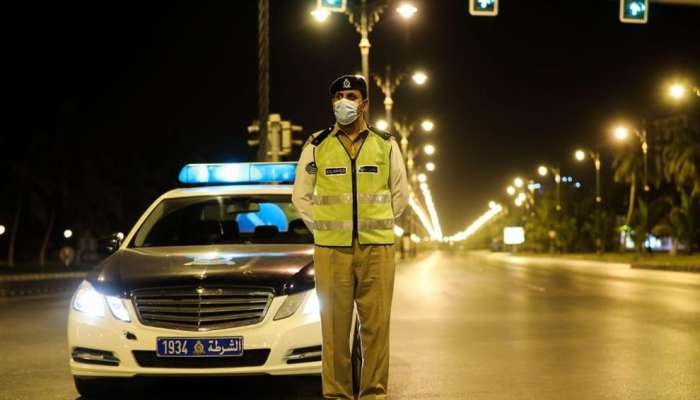

Muscat: Oman reported 3,363 new cases on Sunday, bringing the total number of cases to 180,031.
Fifty-seven new deaths were reported, bringing the total death toll to 1,878.
The Ministry of Health said that 3,479 new cases have recovered, bringing the total number of recoveries to 160,324.
The Ministry also pointed out that 96 cases were hospitalised over the past 24 hours, adding that the total number of current hospitalised COVID-19-infected patients stands at 823, of them 261 are in intensive care units (ICUs).
Ibrahim Al Maimani, a social activist and a data analyst, said, “57 deaths were recorded during the weekend at a rate of 19 deaths per day and is the highest since the start of the pandemic at the Sultanate, as 16 deaths were previously recorded twice on September 3, and October 26, 2020.”
He went on to add that “The increase in the number of inpatients in hospitals continue. With an increase of 37, their number has risen to 823 from 786 cases which is a rise of approximately 5 per cent. The number of intensive care cases has fallen by six from 267 to 261 cases.”
“The number of high infections continued for the 17th day in a row, as during the weekend, 3,363 new cases were recorded, with an average of 1,121 new infections per day, corresponding to 3,479 cases of recovery, and an average of 1,160 cures per day,” he added.
Meanwhile, as a precautionary step to promote public health to ensure a healthy and stable life, health institutions in Oman recently implemented the health promotion strategy “prevention”.
The “prevention” project aims to highlight the frequent health problems in the society by conducting research and surveys.
Dr Nawal Ali Al Rashdi, Director of Education and Health Awareness Programmes in the Ministry of Health (MoH), said that the concept includes all health aspects of the individual’s life and his family and community. It also strengthens the community partnership between all sectors to cooperate in solving all health problems.
The target groups, participants covered by the study, identifying the tasks for each participant, development of indicators measuring interventions, as well as the specified period of time for intervention are being made by studying the indicators in the health institution and through opinion surveys of health workers and the conclusions that help to determine the health problem.
In addition, the Director of Education and Health Awareness Programmes clarified that writing the goals of the health workers who wish to achieve when solving the problem whether in a short or long term comes after determining the health problem.
Furthermore, Dr Nawal stressed that there will be a periodic follow-up to measure the progress of work based on what has been achieved through the indicators and the success of the suggested interventions.